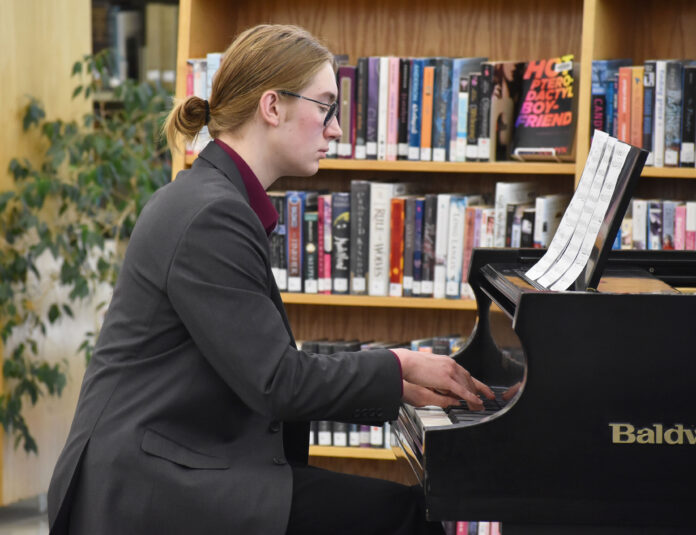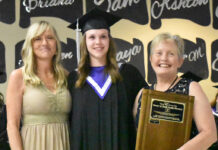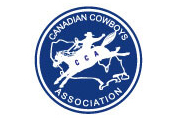By Matthew Liebenberg
For Swift Current piano teacher Barb Levorson a recent piano recital was a return to normalcy after the COVID-19 pandemic, but the past few years have resulted in some significant changes to her teaching practice.
The piano recital took place at the Swift Current Branch Library, June 10. This was the first time since January 2020 that she hosted a live performance by piano students.
“It was wonderful to be able to see everybody and do a live performance again,” Levorson said.
It was an opportunity for students to display their learning after taking piano lessons since last September. There were two recital sessions during the afternoon. Eighteen beginner and elementary students performed during the initial session.
Eleven junior and senior students took their turn in front of the piano during the second session. These students are either in the Royal Conservatory of Music (RCM) program and/or music festival scholarship winners.
“It’s a wonderful opportunity for them to be able to hear other students playing,” she said about the benefits of a recital. “Older students get to hear pieces that maybe they played many years ago and younger students get the opportunity to see what pieces are coming up. And it’s inspiring for them to see children that are their age or just a little bit older playing different pieces in music. Oftentimes students will come and say ‘Gee, this was a really interesting piece. Can I learn how to play this one?’”
For parents the recital provided an opportunity to see their children perform in a different setting than when they practice at home.
“So when they see their child in a performance, they get to see their child in a slightly different light,” she said. “As a parent myself, I know when I watched my children perform, I saw a different side of them, because they were on a stage or in this case in a public venue. And you get to see your child grow in a different way.”
There was a hint during the recital of how Levorson’s teaching practice has changed since the pandemic. She mentioned during the introduction of some students that she was meeting them for the first time in person, because their piano lessons were online.
“I have some students that live in Shaunavon and Herbert,” she said. “And while that’s not a long way away, it is in the wintertime. It’s difficult to travel winter roads for an hour each way for a lesson. And so those students have been online, but they’re close enough that they could come to a recital.”
She had been teaching around 45 students since last fall and most are in person, but 14 were doing online lessons from different locations, including Regina, Calgary, Vancouver Island and Toronto.
“I did not teach online before the pandemic and if you had asked me this before, I would have said no, I would not even consider it,” she said. “But the pandemic forced all of us to think a little bit differently and to pivot. I started teaching online during the pandemic and I taught almost exclusively online for the first year, and really well into the second year as well.”
That experience has influenced her teaching practice even after the return to in-person piano lessons. When students are ill or not feeling well, they can still have an online lesson. Students do not need to miss a lesson when they are travelling for vacation or visiting family elsewhere, because they can do an online lesson.
“I even once gave an online lesson to a student when they were in their camper,” she recalled. “They had gone camping and so we did their lesson from their camper.”
Several families moved away during the pandemic, but their children preferred to continue their piano lessons online with Levorson.
“I have found online lessons to be just as effective as in-person lessons,” she said. “For some children, particularly much younger children, I found them actually to be a little bit better, because parents have to be in the lesson. Parents have to be on the other side of the screen. They have to help to point and draw on the music. And so parents are far more engaged in the process. They know exactly what their child needs to be doing and they’re able to help them practice more efficiently.”
However, online piano lessons do not work so well for students doing more advanced levels of training. They are then working on much finer details and in-person lessons are then better for their musical development.
“A lot of that depends on the type of instrument that the student has at home,” she said. “If they have a digital piano, advanced levels are difficult anyway, because they just can’t get the kind of responsiveness or tone out of a digital instrument. I have a grand piano for my teaching instrument, and when you get into advanced repertoire, you really need to be able to play them on a grand or a good quality upright piano.”
RCM exams can now be done online on all levels. It might therefore even be beneficial for students to have some familiarity with how to play in an online environment if they plan to do those exams remotely.
The pandemic caused some significant changes to her studio practice, but in-person performances will still take place to share music and the talents of students.
A highlight of the recital was the final performance by senior student Liam Ginter, who played three contemplative piano pieces. He started with a Frédéric Chopin nocturne and thereafter performed works by 20th century composers Aram Khachaturian and Arvo Pärt.
“I wanted to do songs that match the occasion, because I knew that this was going to be quite in some respects a bit of a final chapter,” Ginter said. “So I wanted to make sure that they were songs that were a little bit somber and more emotional.”
He will be studying music in the fall at either the University of Alberta or MacEwan in Edmonton. He has been playing piano since age five and saxophone since Grade 6 in school bands.
Ginter won three piano awards and scholarships in April at the Maple Creek Music Festival as well as several music awards and scholarships at Swift Current Comprehensive High School. He completed his RCM Level 8 exam in December.
“It’s pretty intense,” he noted. “I was lucky enough to do it online this year. I think doing it in person sometimes is actually worse. … What we did for the exam was through Zoom. So you have somebody from Calgary or Vancouver or wherever who writes down the stuff and you play on the other end. They’ve got certain types of recorders now in those programs that are specific for music. So it’s pretty impressive how quickly that was picked up.”
Levorson has been his piano teacher for eight years and he expressed appreciation for her teaching approach.
“She has this wonderful balance of being very expressive and having this deep passion for music, but also making sure that you know there is a bit of a discipline behind it as well,” Ginter said. “It’s something that I struggled with initially, because that’s a difficult thing to wrap your head around when you’re in fifth grade. But as I continued to pursue piano, it was something that I realized was essential to becoming better at it. So I think her way of teaching and her mentality behind it has really helped me understand music and really understand devotion in its entirety.”






